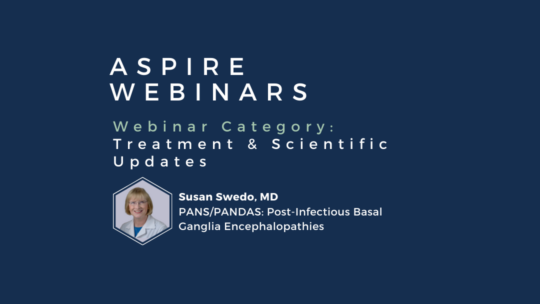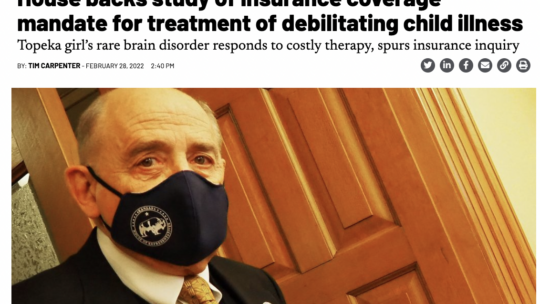
Webinar – Jennifer Leiman, MS, OTR/L – Executive Function Tools: Before, During, & After a Flare
Speaker: Jennifer Leiman, MS, OTR/L Webinar: Executive Function Tools: Before, During, & After a PANS PANDAS Flare View this webinar: Executive Functioning Webinar Abstract: Connecting...



